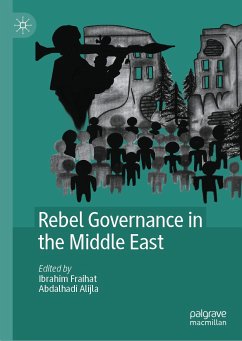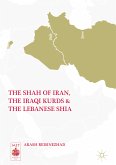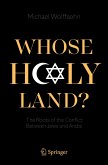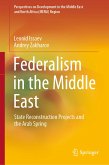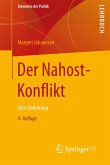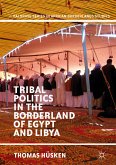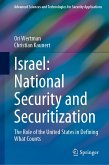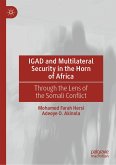Abdalhadi Alijla is a social and political scientist and science advocate. Heis the 2021 International Political Science Association Global South Award. He is the Co-Leader of Global Migration and Human Rights at Global Young Academy. He is a co-founder of Palestine Young Academy in 2020. He is an Associate Researcher and the Regional Manager of Varieties of Democracy Institute (Gothenburg University) for Gulf countries. He is a Post-doctoral fellow at the Orient Institute in Beirut (OIB).
Ibrahim Fraihat is an associate professor in international conflict resolution at the Doha Institute for Graduate Studies and non-resident fellow at Deakin University's Middle East Studies Forum in Australia. He previously served as senior foreign policy fellow at the Brookings Institution, and taught conflict resolution at Georgetown University and George Washington University. His latest book publications include: Iran and Saudi Arabia: Taming a Chaotic Conflict (Edinburgh University Press, 2020), Unfinished Revolutions:Yemen, Libya, and Tunisia after the Arab Spring¿ (Yale University Press, 2016). Dr. Fraihat has published extensively on Middle East politics, with articles appearing in The New York Times, Foreign Affairs, Foreign Policy, Huffington Post, Al Jazeera websites, and elsewhere. Fraihat received a doctorate in conflict analysis and resolution from George Mason University in 2006. He is the recipient of George Mason University's Distinguished Alumni Award (2014) for his achievements in the field of conflict resolution.@i_fraihat
Dieser Download kann aus rechtlichen Gründen nur mit Rechnungsadresse in A, B, BG, CY, CZ, D, DK, EW, E, FIN, F, GR, HR, H, IRL, I, LT, L, LR, M, NL, PL, P, R, S, SLO, SK ausgeliefert werden.

